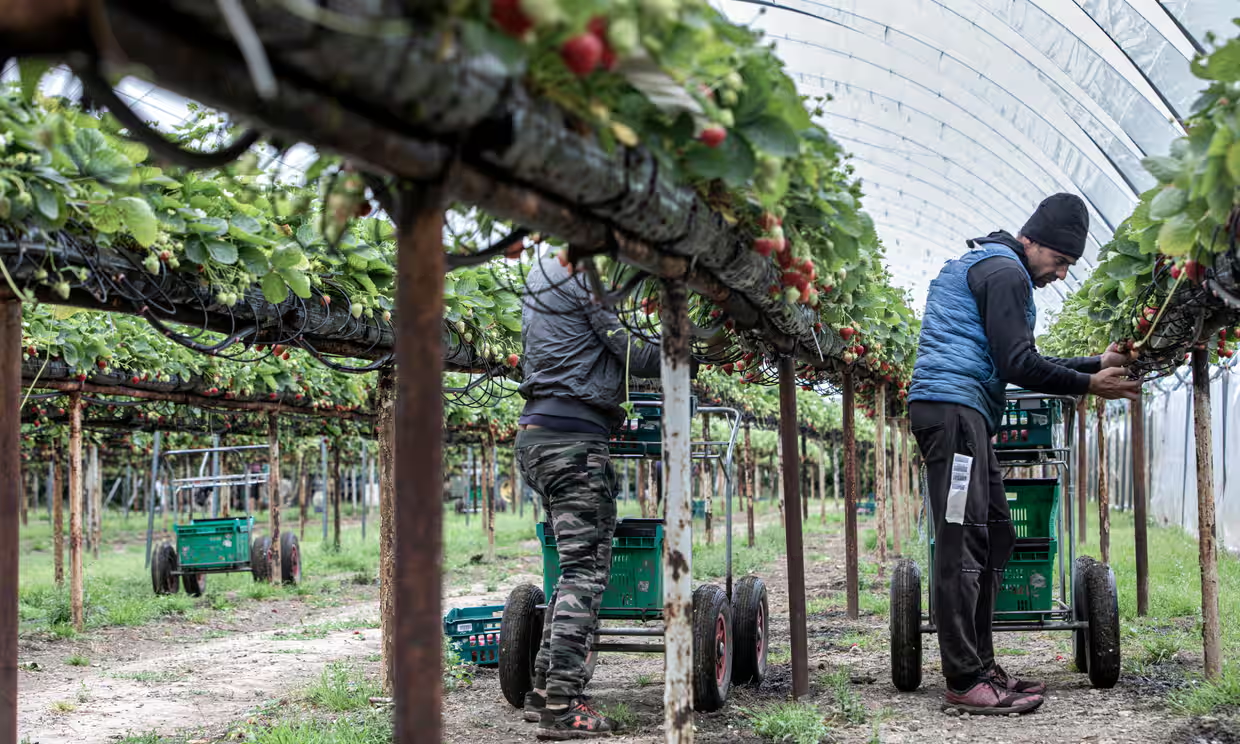Farmers Challenge UK Government Over Inheritance Tax Reforms
Introduction
At the National Farmers’ Union (NFU) conference in London, UK Environment Secretary Steve Reed faced significant opposition from farmers regarding recent inheritance tax reforms. The changes, introduced in the October 2024 budget, have sparked widespread concern within the agricultural community.
Details of the Inheritance Tax Reforms
The government’s policy, set to take effect in April 2026, imposes a 20% inheritance tax on farms valued over £1 million. Previously, agricultural estates were exempt from such taxation, allowing family-run farms to pass seamlessly between generations. The new threshold aims to generate revenue for public services but has been met with resistance from the farming sector.
Farmers’ Concerns and Protests
Farmers argue that the reforms threaten the viability of family-owned farms, potentially forcing heirs to sell portions of their land to meet tax obligations. This concern has led to numerous protests, including tractor demonstrations in central London and other parts of the UK. The NFU estimates that a significant percentage of commercial family farms will be affected by the tax changes.
Government’s Justification
The government defends the reforms as a measure to prevent wealthy individuals from using agricultural land as a means of tax avoidance. Environment Secretary Steve Reed acknowledged the shock caused by the policy but emphasized its necessity to address financial gaps in public finances. He also noted that various exemptions could raise the tax threshold up to £3 million, aiming to alleviate some concerns.
NFU’s Response
NFU President Tom Bradshaw has been vocal in his opposition, describing the policy as “morally wrong” and a betrayal of previous assurances. He emphasizes that many farmers are asset-rich but cash-poor, making it challenging to meet tax liabilities without liquidating essential assets. Bradshaw urges the government to reconsider the policy to protect the future of British agriculture.
Extension of Seasonal Worker Scheme
In an attempt to address some concerns, Secretary Reed announced a five-year extension of the seasonal farm worker scheme. This initiative aims to alleviate labor shortages exacerbated by Brexit, allowing up to 55,000 workers to enter the UK for six months annually. While this move addresses workforce issues, it does not directly mitigate the financial strains posed by the inheritance tax reforms.
Public Sector Procurement Initiatives
The government also plans to mandate that 50% of food served in public sector institutions, such as schools and hospitals, be sourced from British farms or meet high welfare standards. This policy aims to support domestic agriculture by providing farmers with greater access to government contracts worth £5 billion. However, farmers remain skeptical about whether this measure will offset the financial burdens introduced by the new tax policies.
Economic Implications for Farmers
The agricultural sector is already grappling with rising costs, labor shortages, and changes in post-Brexit support payments. The added pressure of inheritance tax reforms may lead to the fragmentation of family farms, reduced investment in modern farming practices, and potential declines in domestic food production. These challenges could have long-term impacts on the UK’s food security and rural economies.
Political Repercussions
The tension between the farming community and the government has political ramifications. The Labour Party, which introduced the reforms, faces criticism for alienating a vital sector of the economy. The Conservative Party has pledged to reverse the policy if elected, positioning themselves as advocates for rural interests. This political divide underscores the contentious nature of the tax reforms.
Calls for Policy Reversal
Industry leaders and farming advocates continue to call for the government to “do the right thing” and reverse the inheritance tax policy. They argue that preserving family-run farms is essential for maintaining the UK’s agricultural heritage, ensuring food security, and supporting rural communities. The ongoing protests and lobbying efforts reflect the deep-seated opposition to the reforms.
Conclusion
The inheritance tax reforms have ignited a significant dispute between the UK government and the farming community. As the April 2026 implementation date approaches, the outcome of this conflict remains uncertain. The situation highlights the delicate balance between fiscal policy and the preservation of traditional industries that form the backbone of rural Britain.

































